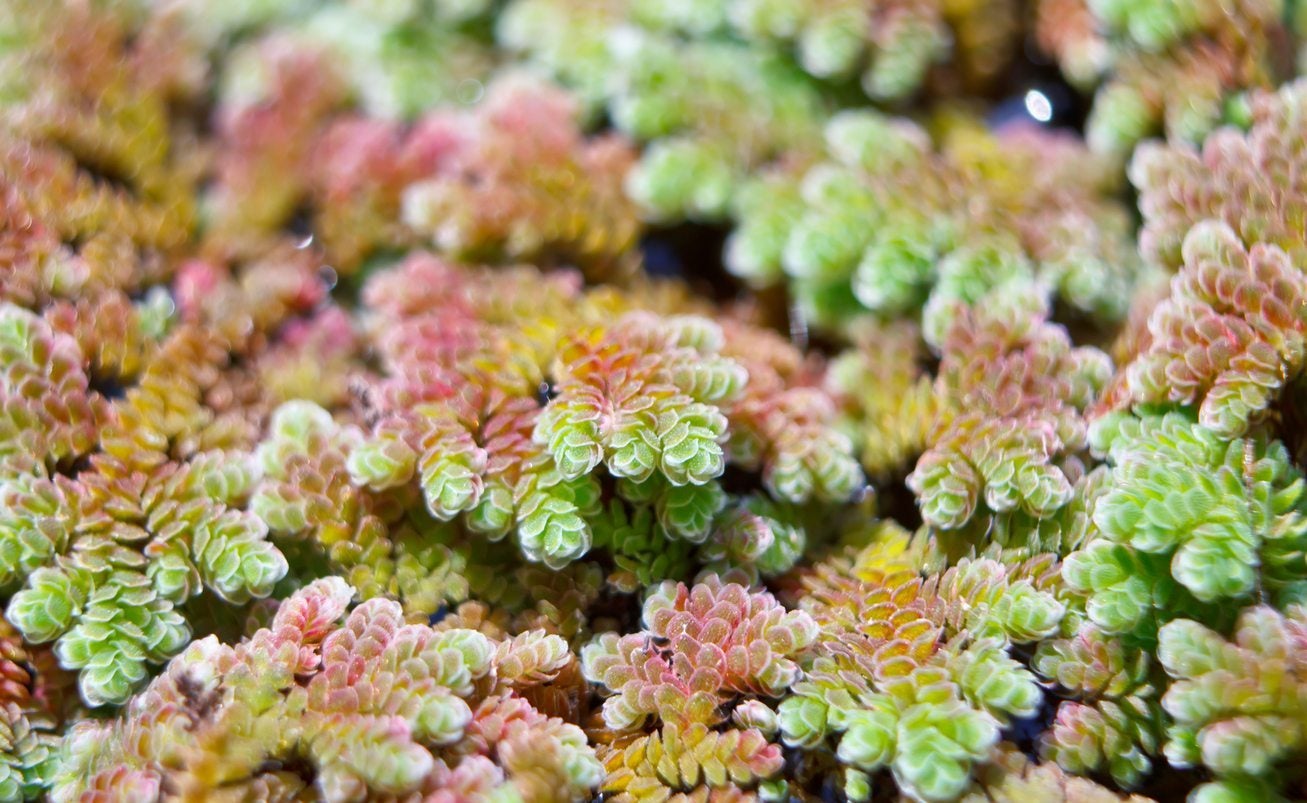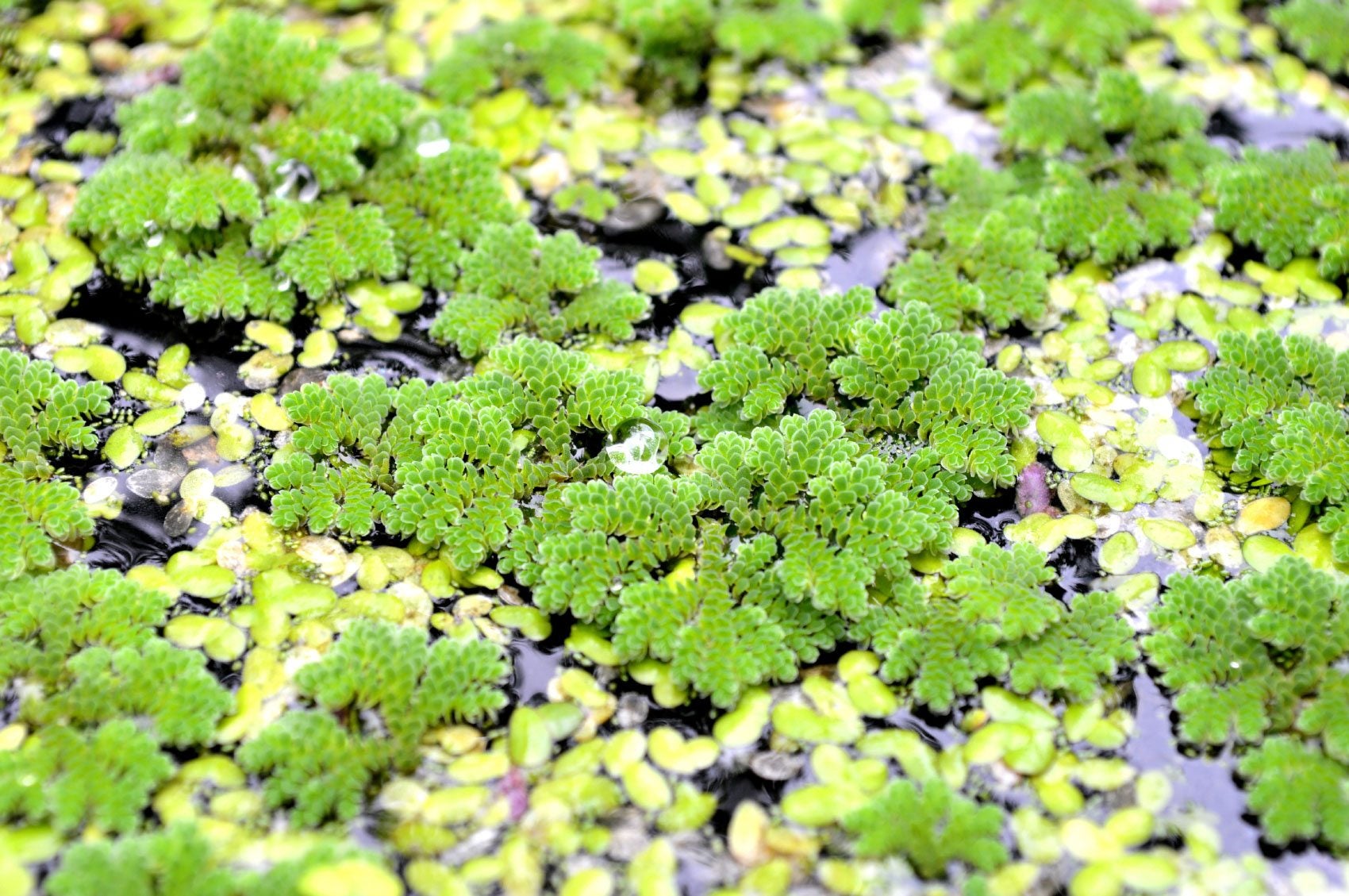Mosquito Fern Plant Information – What Is A Mosquito Fern Plant


Mosquito fern, also known as Azolla caroliniana, is a small floating water plant. It tends to cover the surface of a pond, much like duckweed. It does well in warmer climates and can be a pretty addition to ponds and other decorative water features. You need to know a little bit of basic mosquito fern plant information before deciding to grow this water plant in your garden.
What is a Mosquito Fern Plant?
Mosquito fern gets its name from the belief that mosquitoes cannot lay their eggs in still water covered by this plant. Azolla is a tropical and sub-tropical water plant that resembles moss more than ferns. It has a symbiotic relationship with blue-green algae, and it grows well and quickly on the surface of still or sluggish waters. You are most likely to see it on the surface of ponds, but slow-moving streams may also be a good setting for mosquito fern.
How to Grow a Mosquito Fern Plant
Growing mosquito ferns is not difficult because these plants grow rapidly and easily in the right conditions. They can quickly spread out and form thick surface mats on ponds, and they may even choke out other plants. Also, be aware that they can grow to cover nearly the entire surface of a pond, which can lead to lack of oxygen in the water, resulting in fish kill. On the other hand, this plant provides a pretty addition to a water feature because its delicate leaves begin bright green, but then turn darker green, and ultimately a reddish color in fall. Mosquito fern plant care is easy. As long as you give it the right environment, which should be warm and wet, this plant will thrive and grow. To prevent it from spreading farther than you want or from covering the entire surface of a pond, simply rake it out and dispose of it.
Gardening tips, videos, info and more delivered right to your inbox!
Sign up for the Gardening Know How newsletter today and receive a free copy of our e-book "How to Grow Delicious Tomatoes".

Mary Ellen Ellis has been gardening for over 20 years. With degrees in Chemistry and Biology, Mary Ellen's specialties are flowers, native plants, and herbs.
-
 Looking For Plants To Give You The Soft And Fuzzies? Try These 5 Fuzzy Leaf Plant Options
Looking For Plants To Give You The Soft And Fuzzies? Try These 5 Fuzzy Leaf Plant OptionsLovers of texture, drama, silver foliage and tactile plants will adore these special sensory garden additions. These fuzzy leaf plant options will leave you all aglow
By Susan Albert
-
 Get Ready For A Summer Of Hummers! Grow These Full Sun Hummingbird Plants and Flowers
Get Ready For A Summer Of Hummers! Grow These Full Sun Hummingbird Plants and FlowersIf you’re lucky enough to enjoy a sunny backyard, make sure you are maxing out on your pollinator opportunities and grow these full sun hummingbird plants and flowers
By Tonya Barnett
